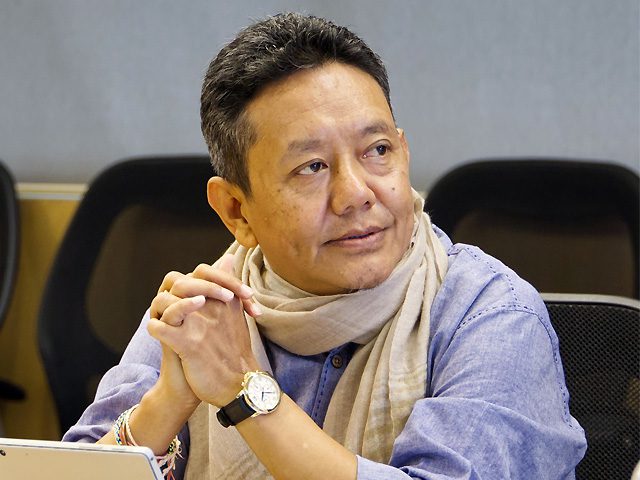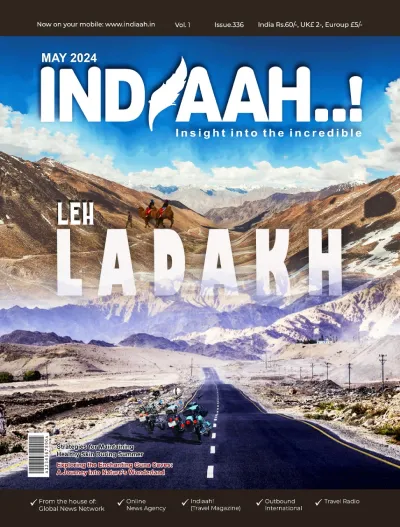
Under the astute leadership of Tourism Minister Pasang Dorjee Sona, Arunachal Pradesh is charting a bold new course in sustainable and experiential tourism. With a deep reverence for its ecological wealth and cultural heritage, the state is emerging as a frontrunner in responsible tourism, striking a careful balance between development and preservation.
Redefining Tourism Through Policy and Vision
At the heart of this transformation is the Arunachal Pradesh Tourism Policy 2025–30, a comprehensive roadmap unveiled earlier this year that places sustainability, local empowerment, and quality tourism at its core.
“We aim to position Arunachal Pradesh as a world-class tourism destination, preserving its pristine landscapes, rich tribal culture, and unique biodiversity while promoting sustainable tourism and community empowerment,” Minister Sona stated during the policy launch.
The policy introduces a diversified tourism strategy that moves beyond conventional sightseeing. Key pillars include:
- Farm Tourism – immersive experiences in organic farming and local agriculture;
- Wine Tourism – focused on unique, fruit-based wines made from kiwi, persimmon, and guava;
- Wellness & Spiritual Tourism – promoting eco-retreats and indigenous healing practices;
- Adventure Tourism – expanding trekking, rafting, paragliding, and wildlife offerings;
- MICE & Border Tourism – boosting infrastructure for business travel and tourism in frontier regions.
Focusing on Quality Over Quantity
With growing concerns about environmental degradation in popular destinations across India, Arunachal is taking a proactive stance. Minister Sona underscored the state’s commitment to low-impact tourism:
“We want to focus on carrying capacity in a big way. Only serious tourists will choose Arunachal.”
This philosophy aligns with the Bhutanese model of “high value, low volume” tourism—aiming to attract discerning travelers while safeguarding the environment and cultural integrity.
Putting Communities at the Centre
A key strength of the policy lies in its grassroots approach. The government is actively encouraging community participation in tourism ventures, from homestays and handicrafts to rural eco-tourism projects.
“Local communities will be encouraged to participate in tourism activities through homestays, handicrafts, and rural tourism ventures, fostering employment opportunities and strengthening local economies,” Minister Sona affirmed.
This people-first model is designed to generate sustainable livelihoods, reduce rural-urban migration, and preserve traditional knowledge systems.
Infrastructure and Innovation as Enablers
To ensure that the vision translates into reality, the state is also investing in robust support systems. These include:
- Improved Road and Travel Infrastructure – better access to remote regions with eco-sensitive planning;
- Digital Tourism Platforms – building a modern, global online presence to attract niche markets;
- Capacity Building – training for guides, hospitality workers, and local entrepreneurs;
- Support for Indigenous Startups – especially those rooted in craft, culture, and eco-tourism.
As Arunachal Pradesh steps into the spotlight, it offers a blueprint for tourism that respects both nature and people. Minister Sona’s leadership is proving that growth and guardianship can go hand in hand.

